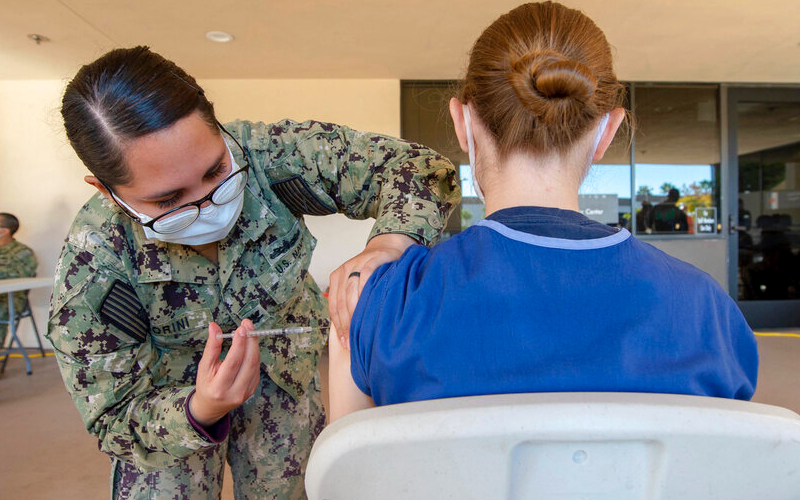Jeremy Dys is an attorney with First Liberty Institute, the law firm representing Coach Joe Kennedy – a high school football coach in Bremerton, Washington, who was fired from his job in 2015 for taking a knee in silent prayer after a football game on a public-school field.
Dys shares some of the sentiment behind those supporting Kennedy's First Amendment rights.

"Tommy Bowden [remembers] his father Bobby Bowden's commitment to prayer and the importance that religion played in his life even as a coach," the attorney explains. "And Vice President Pence and so many others have come to the support of Coach Kennedy, saying the [Supreme] Court really needs to take this case to settle this issue about whether … someone can be fired from their job simply because people can see them engage in religious activity."
Kennedy had been praying after games involving his Bremerton High School Knights – and other people sometimes joined him voluntarily. According to Dys, that rankled some who witnessed them praying.
"When someone contacted the school district on the whole thing, they asked [Coach Kennedy] to change some of his behavior after the game – and he did, except for the fact that he said 'Look, I still want to maintain my commitment to be able to take a knee in silent prayer when the game is done and thank the Lord for the game,'" Dys tells AFN.
That, explains the attorney, is why the coach was fired.
"He would not give up that commitment that he had made to praying silently on the field, as if he was looking for his contact lens or tying his shoe," Dys continues. "But the courts said because they could see [him] and they knew what [he was] doing, they had to terminate him – and that's just wrong."
The case has been in and out of courts ever since Kennedy's termination almost six years ago.
Dys states that Bremerton High School will, at some point, respond to First Liberty's petition for review with the reasons why it thinks the high court should not take the case.
"That'll be interesting to see how they believe the Court should ignore this [lower court's] decision," he offers. "We'll have a chance to respond to that – and after that, the [Supreme] Court will have the opportunity to review that case."
And the high court's decision whether to take the case could come anywhere from a couple of hours to a couple of months later, Dys adds.







